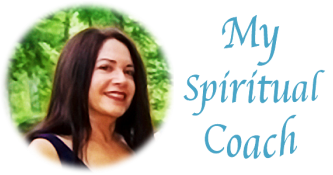But if we take out the word “just” and make it into “Life is a game!” then we can see that life has certain rules that if you don’t follow or understand, you won’t even be able to play the game and definitely not win it. The word “just” trivializes Life and gives the impression that we can do whatever we want and there are no consequences. It’s just a playful pass-time.
However, what actually happened in the case of Osho, was that the literal interpretation of this philosophy turned into orgiastic irresponsible sex, addiction (including his own addiction to nitrous oxide), murderous power struggles, and hateful and greedy behavior resulting in much harm done to innocent people.
I loved Osho for years and read his books as well as listened to his talks. Articulate and loving, wise and profound, full of light and peace I was entranced with him as I became more and more spiritually aware and awakened. But something got twisted along the way.
I arrived in India just as he was being expelled. Mostly “Westerners” followed him and loved the lack of discipline and “anything goes” behavior. But India didn’t like it. It was not in keeping with a serious approach to spirituality. It was a bunch of hippies dancing around in a frenzy and it just looked like a giant rave at a nightclub—but outdoors under the blazing sun. It looked like he was pandering to spiritual tourists who wanted to have a great time.
Then we all know what happened when the Rajneeshis arrived in the US. At that point, if life was a game, that game included poisoning the townsfolk, murderous plots towards targeted people within the ranks, and greed, as exhibited in Osho’s collection of Rolls Royces. His aim was to have 365 Rolls for every day of the year. This game was not something that looked enjoyable. It was not lighthearted and fun. It was a malignant game.
Who was going to win a game based on invading and killing? His organization wanted to take over the town governance. It became like some violent video game such as Mortal Combat or Manhunt. They were serious about grabbing power. There was no playfulness about it and I can’t imagine any enjoyment either.
So to say that “Life is just a game, enjoy,” sounds good. It sounds like nothing matters. It’s just a game anyway and you are just a player. In the abstract, this is actually so. But in the physical manifestation of this life, there are consequences. People can suffer because of our actions. We can suffer because of the karmic consequences that can the the result of such an attitude. This is a holy game and Osho was making up the rules as he went along and, iin his case, the game became more and more destructive

 RSS Feed
RSS Feed